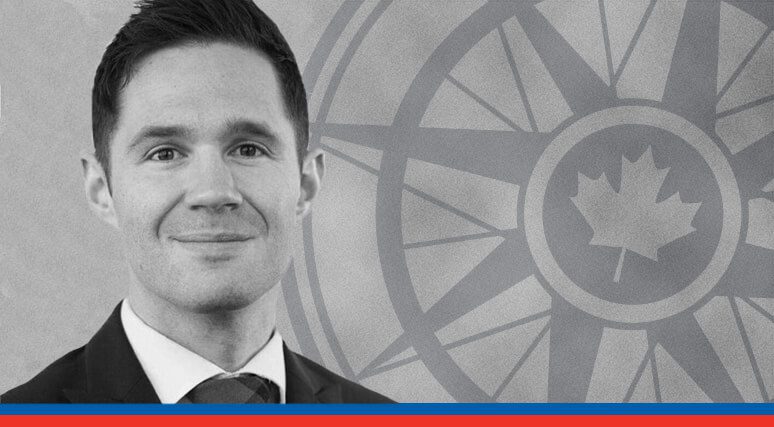 OTTAWA, ON (April 30, 2020): Canada is fighting to contain the COVID-19 pandemic. Yet we might be underutilizing an invaluable resource that could help us in this struggle: immigrant doctors.
OTTAWA, ON (April 30, 2020): Canada is fighting to contain the COVID-19 pandemic. Yet we might be underutilizing an invaluable resource that could help us in this struggle: immigrant doctors.
Around the world, countries are issuing reforms that allow for internationally-trained medical professionals to join the frontlines in containing COVID-19. Despite sitting on a reserve of highly skilled immigrant physicians, however, only about 55 percent of internationally-trained doctors can practice in Canada after passing through a challenging, costly, and lengthy reaccreditation process.
To discuss the barriers facing immigrant doctors, this edition of MLI’s Straight Talk features a conversation with Robert Falconer, an expert on immigration, refugee, and border policy and current research associate with the School of Public Policy at the University of Calgary. This publication is based on a podcast between Falconer and MLI Communications Officer Ai-Men Lau.
“About 20 percent of the total number of physicians in Canada are immigrants. That means about 28,000 people here in Canada are immigrant physicians,” explains Falconer.
However, newly arrived immigrant physicians must become licensed in order to practice. While, as Falconer stresses, the licensing processes is important, it has become unnecessarily burdensome. To become reaccredited, immigrant doctors must pass through several exams including two qualifying exams, language assessment, and must obtain a two-year residency requirement regardless of how long an immigrant physician has practiced elsewhere in the world.
“I think it’s a reasonable concern to have, about whether or not an immigrant (or anybody else really) can provide the same level of quality patient care as Canadian-born or Canadian-trained physicians,” notes Falconer. “Now, when you ever look at papers or other research on occupational licensing and the reason why we have it, the big question is whether the barriers that we have setup actually ensure quality?”
In his remarks, Falconer also addresses several other important issues such as:
- the process, the costs and the length of re-accreditation;
- variations of barriers to accreditation for physicians and other professions;
- what Canada can do to reform this process, and more.
In his conclusion, Falconer offers this illuminating anecdote for Canadian policy-makers:
“There was one doctor who I was talking with in Edmonton, originally from India and quite widely practiced around the whole world. They had practiced in Japan and they had practiced in their home country of India. They had practiced in several countries in Europe, and most recently done a stint with Médecins Sans Frontières (MSF)/Doctors Without Borders in South Sudan,” says Falconer.
“You could imagine that especially refugee and immigrant physicians might be better informed and better prepared to work under crisis conditions, with shortages in these scenarios. And unfortunately, again, her comment was: I am simply having a heck of a time getting recertified here in Canada.”
To read the full Straight Talk Q & A, click here.
For more information, media are invited to contact:
Ai-Men Lau
Communications Officer
613-482-8327 x111
ai-men.lau@macdonaldlaurier.ca




